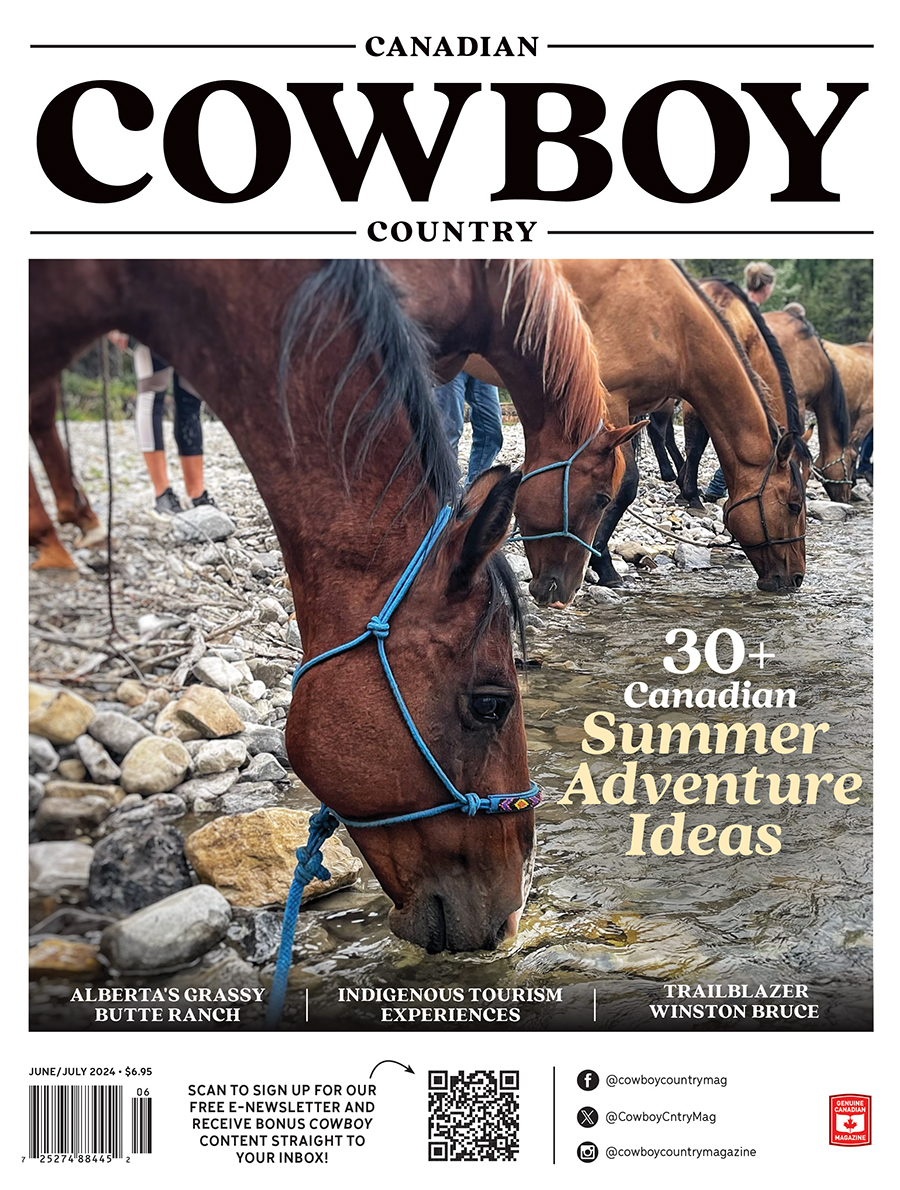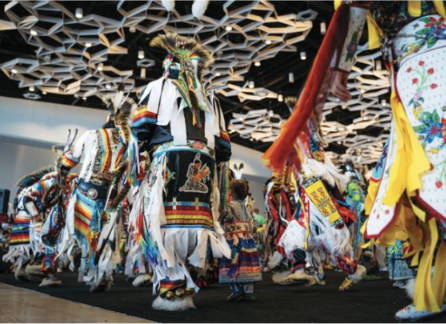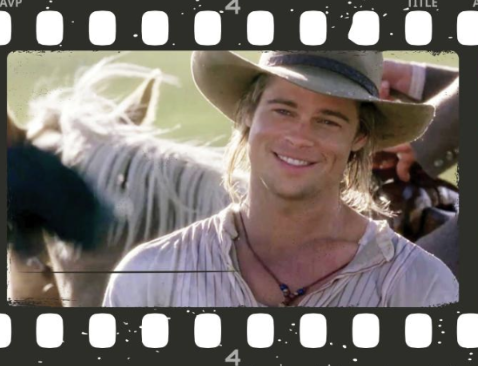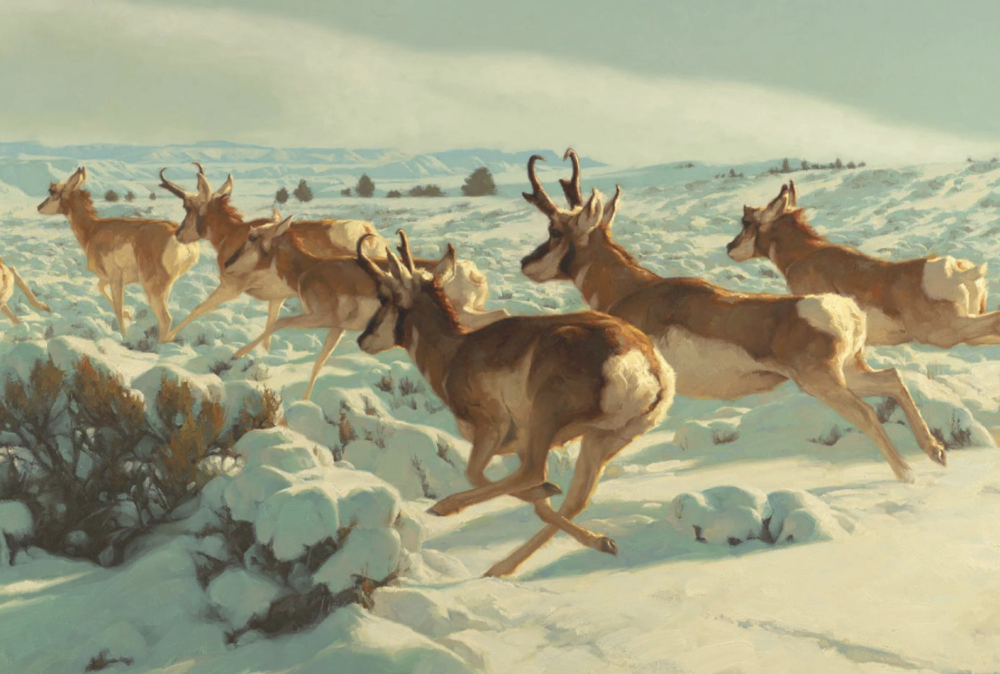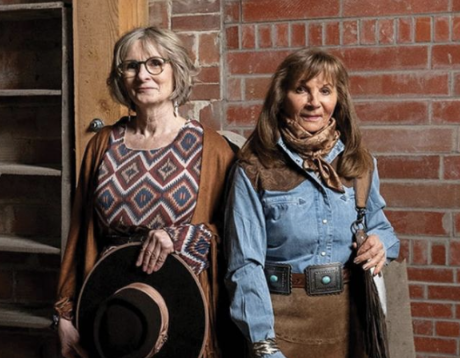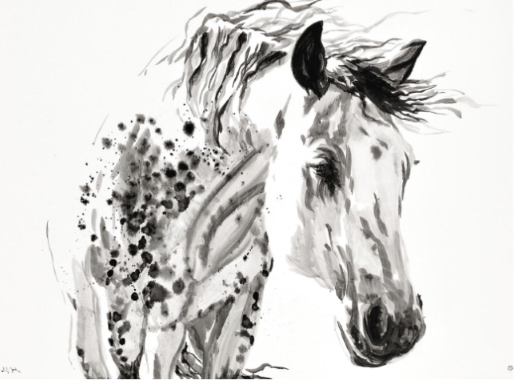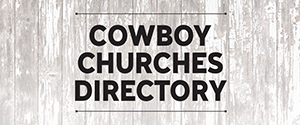By Tim Lasiuta
He was a leader whose keen interest and pride in his heritage led to a wealth of Aboriginal cultural and historical associations preserving Aboriginal history.
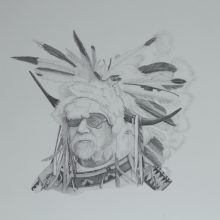
Joachim (Joe) Fromhold of the Asini Wachi Nehiyawak was born in Germany on Jan 15, 1947, to Mina and Willi Fromhold. His lineage has been traced back to 650 (to Cree Chief Sisip Pimotew), Chief Louis Joseph Piche, as well as the to the Carolingian Dynasty (in Europe).
Moving to Canada, his family spent time in Calgary before moving to a farm near Buffalo Lake and Sounding Creek in 1960. A natural businessman, at age 13, Joe built coffins. While in high school, he started a dairy herd and bought into a trucking company.
In 1967 he graduated from high school in Mirror. He was accepted into Harvard, but chose to work with the CIBC and Aboriginal groups in northern Alberta. While in the north, he established the first newspaper north of Peace River, the first Alberta Youth Safe House dealing principally with Aboriginal youth, and helped establish the Metis Association of Alberta in northwestern Alberta.
His formal education in archaeology began in 1970 at the University of Calgary, pursuing further studies from various universities, cultural and business organizations, and museums. He also began his lifelong pursuit of researching and writing on Aboriginal culture and history.
On graduating from the MA program in Anthropology, he took a position at the Alberta Vocational Center (AVC) in Lac La Biche (now Portage College) to develop a Native Arts and Crafts/Native Studies program there and at AVC Grouard. These were the Grandfather Programs for all subsequent cultural programs in Alberta. He was also an advisor to the development of the University of Lethbridge Native Studies program and liaison with the Saskatchewan Indian Colleges, and as a resource person to various Aboriginal communities in eastern Alberta.
Family ties existed with Beaver Lake Cree Nation, and he married Irene Mountain, daughter of Chief Lawrence Mountain and descendant of Piche Chiefs PESEW and Bobtail, and Plains Cree-Saulteaux Chief, Big Bear.
While at Lac La Biche, Fromhold collaborated with Christine Daniels to found the White Braid Dancers, and served as Powwow Director. For four years he served as the first Aboriginal president of the Lac La Biche Lions Club. During that time he also re-introduced the powwow to Beaver Lake Cree Nation and Cultural Days to Heart Lake First Nation and was involved in developing Saddle Lake Multi-Cultural Days. With his wife, Irene, he also established the first Wilderness Cultural Camp in Alberta.
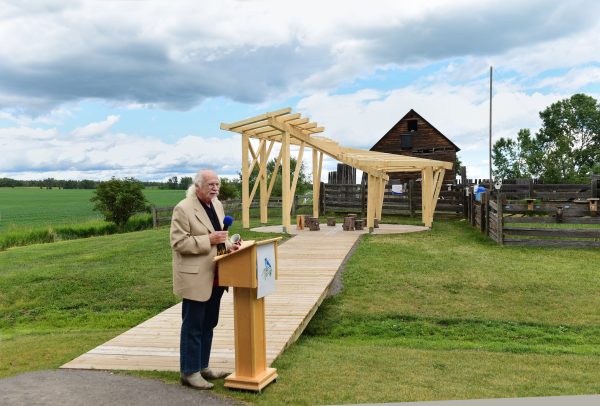
He founded the Mountain Peoples Cultural Society, which later morphed into the Mountain Cree Asini Wachi Nehiyawak Band. Later, the band purchased and renovated a building in Mirror, creating a museum and antique store, as well as establishing rooms for short-term stays in the community. Along with the commercial aspects, all records of the Mountain Cree are available for research.
Fromhold was instrumental in establishing the written Aboriginal history in Western Canada and beyond. Through his genealogical research, published in various books and magazines, he formalized the presence and lineage of the Cree peoples.
Fromhold established several cultural and historical organizations to preserve history, including Buffalo Head Cultural Survival Camp, the Old Fort Museum, the Indian Legends Museum, the Vermillion Lodge Museum, and the Mirror Business Center & Museum.
Active in the archaeology community, Fromhold catalogued and identified important Aboriginal sites in Alberta. Among his discoveries is the Moundbuilders’ presence in Central Alberta on the Battle River and the Donalda Buffalo Pound. Additionally, his Medicine Hills Survey of significant sites led to led to the discovery of the Ice-Free Corridor and its use as a route for Pleistocene human and animal migrations between Beringia in the far north (near Alaska and the Yukon. He also discovered the North Trail and the Colville Trail’s existence, proving pre-Columbian cross-mountain trade, Aboriginal occupancy and land use in the mountains, and the presence of various lithic sources in Alberta. In the theoretical field, he established the methodology for reconstructing prehistoric populations and developed the first Census data for prehistoric Alberta.
In 1985 he took a position with Alberta Advanced Education as Program Head of the Opportunity Corps Program, a second-chance training program, in northwestern Alberta.
He was involved in creating the High Level and District Friendship Center, the High Level and District Museum, and the Fort Vermilion Museum. He also initiated annual powwows at High Level and Fort Vermilion.
Fromhold also began converting his research into digital format for his website on Native History, inewhistory.com.
His wife Irene passed away in 1994, and he relocated to central Alberta.
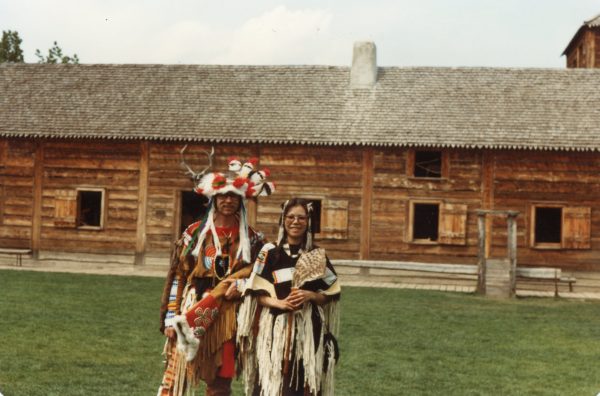
Through his efforts, in 2008, the Mountain Cree Band (Asini Wachi Nehiyawak) became a member of the Jasper National Park Aboriginal Forum advisory group. Participation in Jasper continues to this day with the powwow and hiring of Aboriginal peoples in park positions.
Fromhold was involved with Enoch Cree Nation in legal action to settle outstanding land claims and to protect historic burials in the Rossdale Burial Area of Edmonton, a dispute dating back nearly a decade. The efforts to protect Aboriginal heritage and cultural sites continue to this day.
Fromhold wrote over 40 books, ranging from the Moundbuilders to a history of the Red Deer/Central Alberta area dating back 13,000 years to genealogies for specific bands.
He was a founding member of the Alberta Association of Consulting Archaeologists and in 2017 was the founder for the Association of First Nations Archaeologists and Historians.
In 2011, he was awarded the Canada Heritage Minister’s Award for Leadership Excellence.
Joachim Fromhold died in August, 2020, and he leaves behind an incredible legacy of empowering generations of First Nations. c


